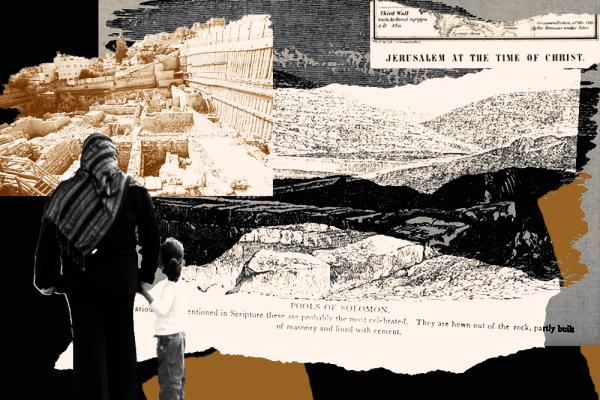Jun 16, 2021
A short walk from the Temple Mount, in the East Jerusalem neighborhood of Al Bustan, there’s a plan to replace dozens of Palestinian homes with a new tourist destination: a lush garden on the site where some say King Solomon built his royal gardens and wrote the book of Ecclesiastes.
Read the Full Article

Already a subscriber? Login
